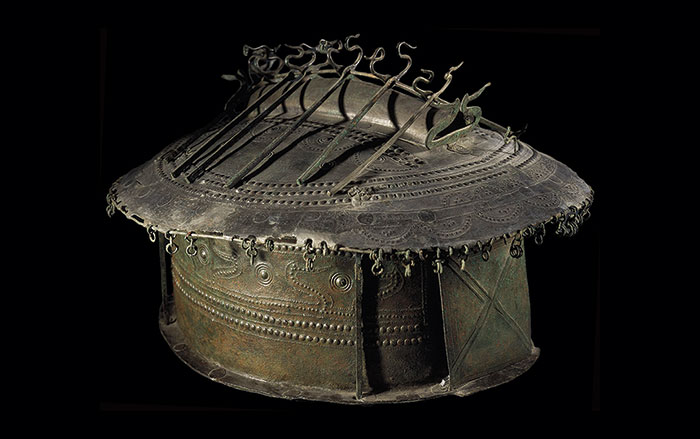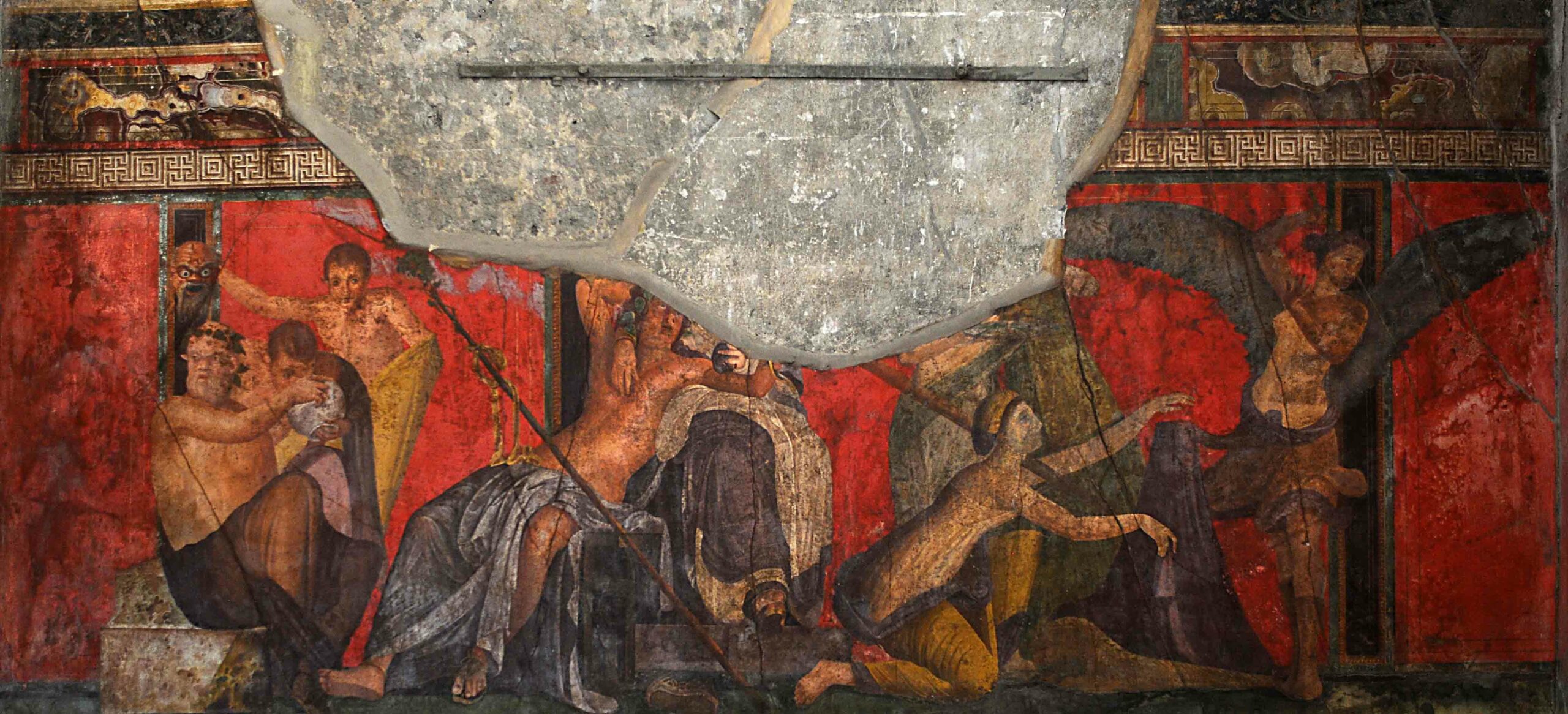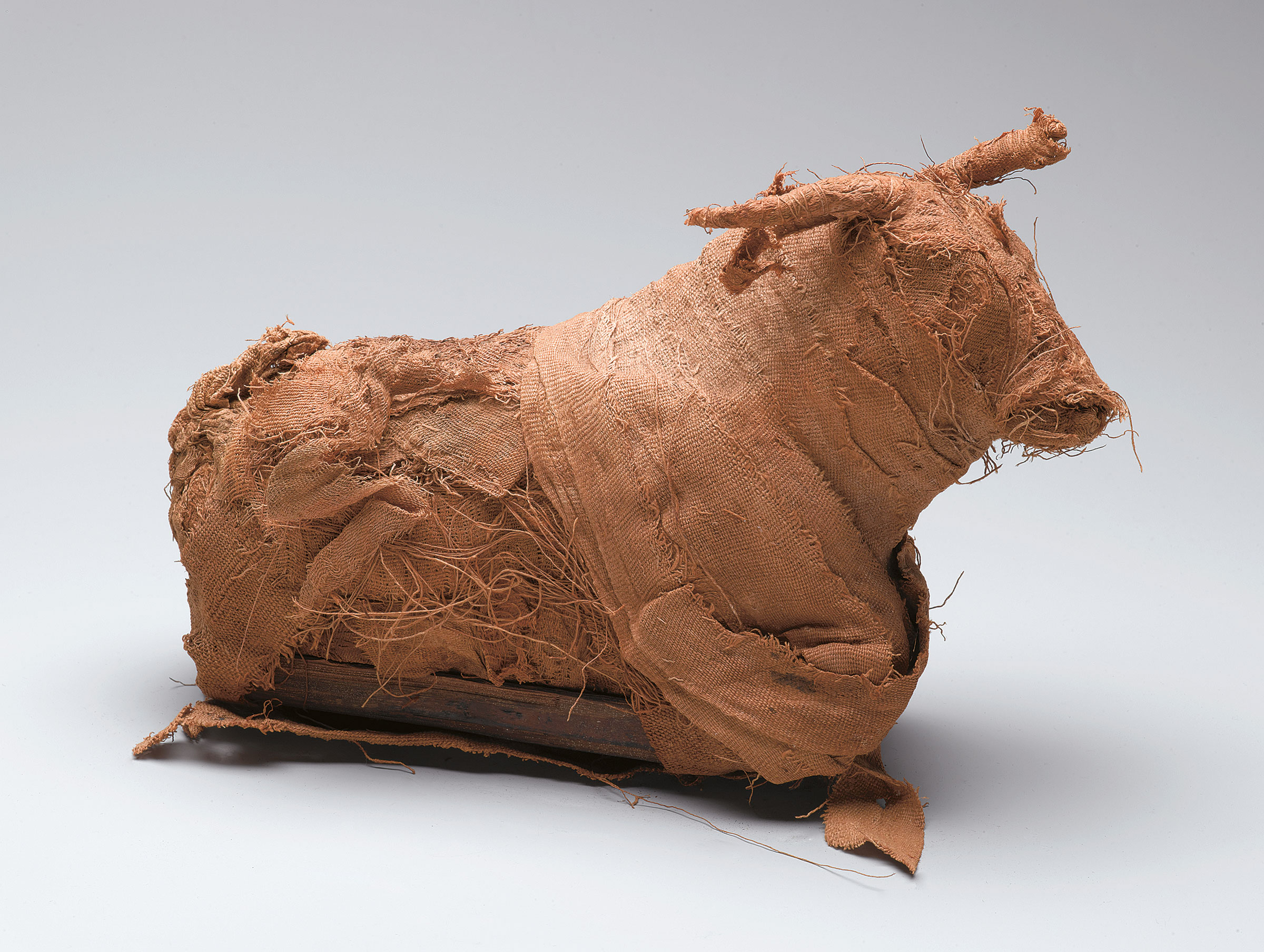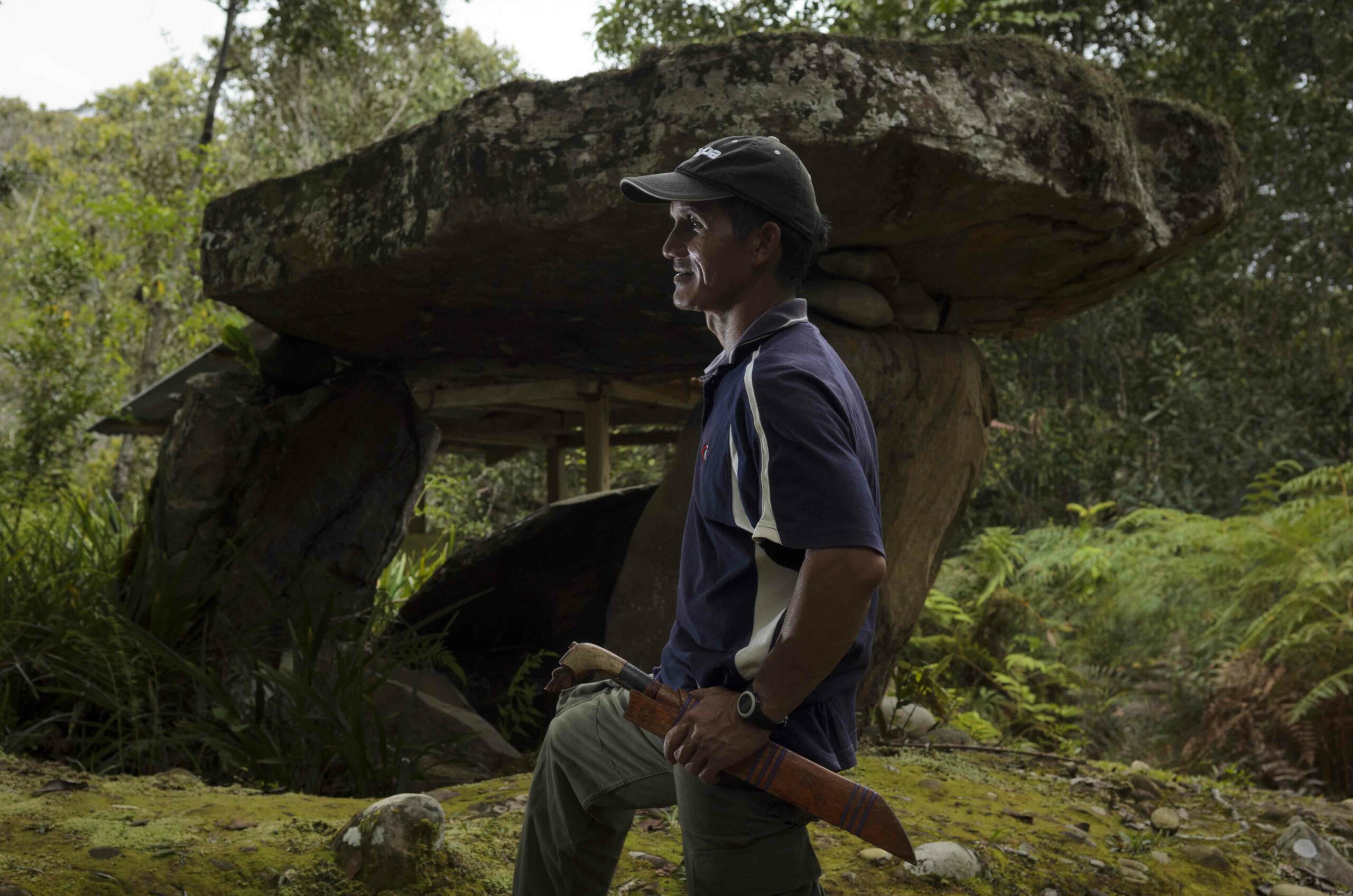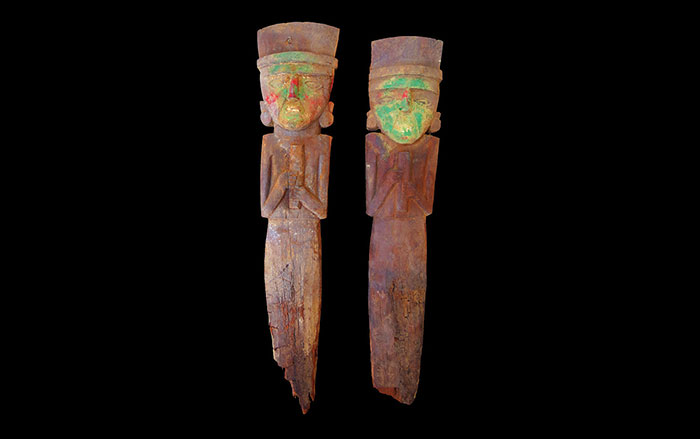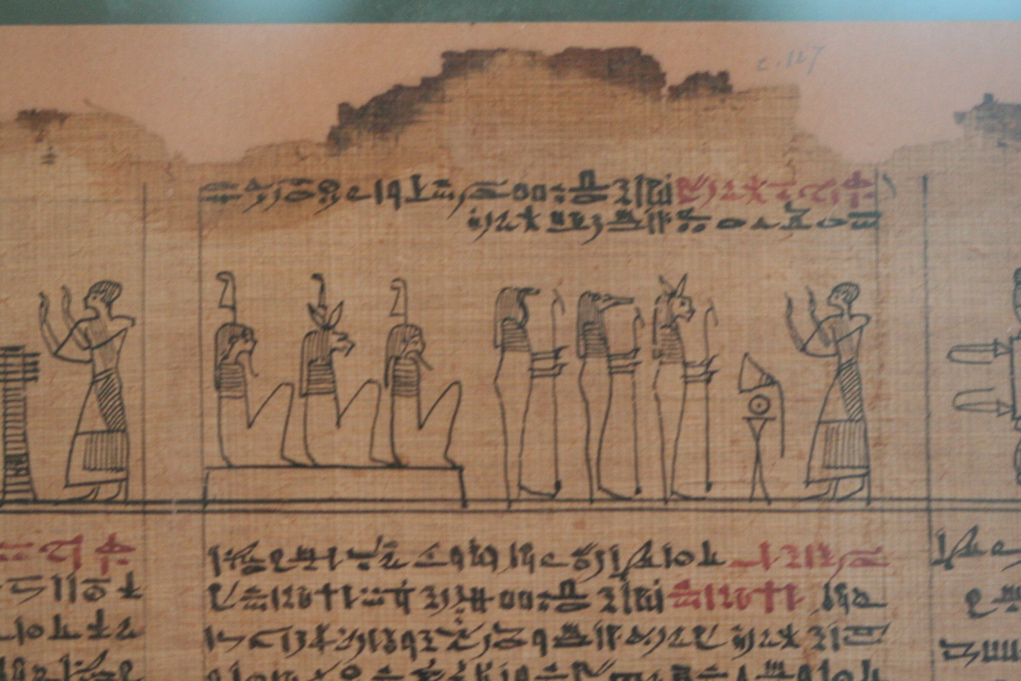
POZNAŃ, POLAND—Little is known about the education of royal children in ancient Egypt, so Filip Taterka of Adam Mickiewicz University examined Egyptian texts for clues to the literacy of the pharaohs. He found references to medical documents, letters, and wisdom literature written by the kings, and adds that the writing implements found in the tomb of Tutankhamun suggests that the boy king had been educated. “For administrative documents and literary texts, ancient Egyptians used mainly hieratic, which was a simplified form of writing used since the Old Kingdom, the time of the builders of the pyramids in the third millennium B.C. In the middle of the first millennium B.C., even more simplified demotic appeared,” Taterka explained to Science & Scholarship in Poland. Taterka thinks that Egyptian royal children were probably taught hieratic, and that classical hieroglyphs were probably reserved for children who would enter the priesthood. Pharaohs would also need to know how to read hieroglyphs so that they could recite sacred texts.





